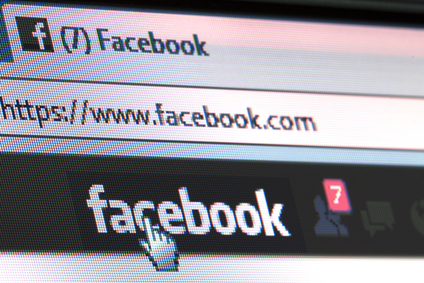Parties less keen on social media in run up to elections: FD

Social media are no longer the preferred way for political parties to get their message across to voters, the Financieele Dagblad reported on Friday.
According to University of Amsterdam researcher Fabio Votta, who collates data from Google and Meta, combined spending on social media had reached €189,000 with 28 days to go to the vote. At the 2021 election, the figure was €646,000.
Fellow researcher Tom Dobber told the paper the pending ban on using personal data to target users directly on Instagram and Facebook may also impact online campaigning.
It is not in parties’ interests to simply buy advertising space on social media if it isn’t targeted at specific groups, Dobber said.
Votta and Dobber’s research shows that PvdA/GroenLinks is the biggest spender on social media advertising, followed by Volt and CDA. Google, Instagram and Facebook are their preferred platforms and if the ban happens these parties would be hardest hit.
Almost all parties use Facebook, Instagram and X (Twitter). ChristenUnie, D66 and pro-animal party PvdD have publicly called on the other parties to avoid TikTok because it is allegedly used to spread false information and is a possible spy tool. However, the PvdA/GroenLinks alliance is still using the platform while pro-farmers party BBB has 100,000 followers there, the largest number of all parties.
The most “aggressive” user of social media is Thierry Baudet’s Forum voor Democratie, the FD found. “FvD legionnaires” who share videos which prompt a donation stand to receive 10% of the money. One “top legionnaire” raked in over €5,000, the party reported on its website.
Lack of campaign funds could be another reason why parties are spending less on social media, Dobber said. However, Wageningen University researcher Sanne Kruikemeier points out that last elections took place during the pandemic. “Meet-ups were not possible, which meant everything had to happen online,” she said.
Kruikemeier also thinks that short videos and messages no longer fit the bill for parties who want to distinguish themselves from the others. “There are also lots of new faces about and they want to show themselves on the regular media with large audiences,” she said.
In addition, her research has shown that the influence of social media on voters’ preference is limited. “People who already have a preference for a certain party are only strengthened in their convictions. The dynamics between social media, regular media and what is happening in the moment is important. These three together can influence voter behaviour,” Kruikemeier said.
Thank you for donating to DutchNews.nl.
We could not provide the Dutch News service, and keep it free of charge, without the generous support of our readers. Your donations allow us to report on issues you tell us matter, and provide you with a summary of the most important Dutch news each day.
Make a donation